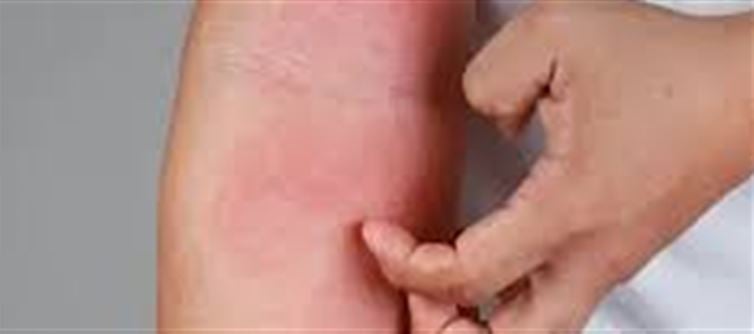
Allergies are no longer just seasonal sneezes or mild rashes — some are becoming more severe and life-threatening. Experts say the prevalence of serious allergies is rising worldwide due to environmental changes, processed foods, and weakened immunity. Here are 7 dangerous allergies you should know about.
1. Peanut Allergy – A Growing Childhood Concern 🥜
Peanut allergy is one of the most severe food allergies, often causing anaphylaxis — a life-threatening reaction that needs immediate medical attention. Cases have been rising, especially in children.
2. Shellfish Allergy – The Hidden Restaurant Risk 🦐
Shrimp, crab, and lobster are among the most common shellfish triggers. Even trace amounts in food can cause severe hives, breathing trouble, or swelling in sensitive individuals.
3. Milk & Dairy Allergy – Beyond Lactose Intolerance 🥛
Unlike lactose intolerance, milk allergy involves the immune system and can cause vomiting, rashes, or even anaphylaxis. It’s becoming more common among infants and young children.
4. Drug Allergies – Reactions to Common Medications 💊
Antibiotics like penicillin, painkillers like aspirin, and even anesthesia drugs can trigger dangerous allergic reactions in some people, making medical supervision critical.
5. Pollen Allergy – Triggering Severe Asthma Attacks 🌸
Seasonal allergies are intensifying due to climate change, with longer pollen seasons leading to more severe symptoms — including asthma flare-ups in susceptible people.
6. Insect Sting Allergy – Tiny Bite, Big Risk 🐝
Bee, wasp, or ant stings can trigger life-threatening anaphylaxis in allergic individuals. Carrying an epinephrine auto-injector (EpiPen) is often recommended for those at risk.
7. Latex Allergy – Common in Healthcare Workers 🧤
Prolonged exposure to latex gloves and products can cause allergic reactions ranging from skin irritation to severe breathing difficulty, posing risks for medical professionals and patients alike.
⚠️ Bottom Line
These allergies are not just inconvenient — they can be fatal if ignored. Awareness, early diagnosis, and preparedness (like carrying antihistamines or EpiPens) are key to preventing severe reactions.
Disclaimer:
The views and opinions expressed in this article are those of the author and do not necessarily reflect the official policy or position of any agency, organization, employer, or company. All information provided is for general informational purposes only. While every effort has been made to ensure accuracy, we make no representations or warranties of any kind, express or implied, about the completeness, reliability, or suitability of the information contained herein. Readers are advised to verify facts and seek professional advice where necessary. Any reliance placed on such information is strictly at the reader’s own risk..jpg)




 click and follow Indiaherald WhatsApp channel
click and follow Indiaherald WhatsApp channel